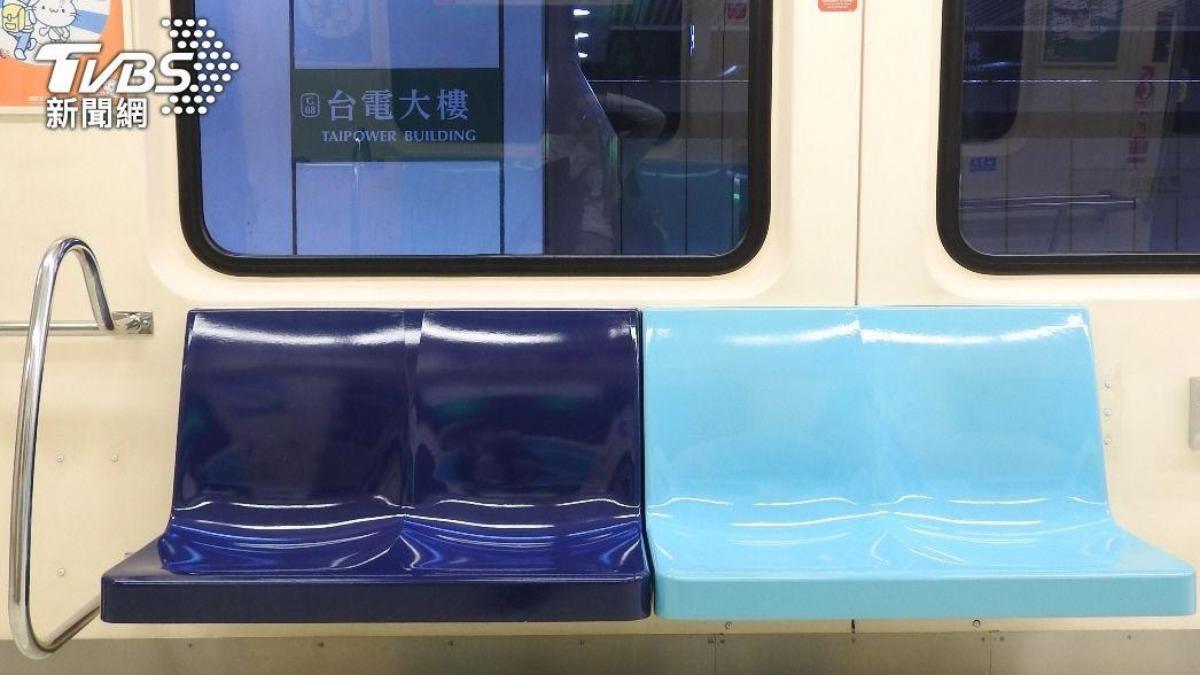TAIPEI (TVBS News)—Amid recent disputes over priority seating on public transportation, Taiwan's Minister of Health and Welfare, Chiu Tai-yuan (邱泰源), voiced his support on Thursday (June 20) for maintaining such seats. The minister also indicated that improvements could be made, including renaming the seats and expanding the categories of passengers who are given priority.
Recent Incidents Spark Debate
According to the current People with Disabilities Rights Protection Act (身心障礙者權益保障法), public transport vehicles without assigned seating must provide priority seating, accounting for at least 15% of the total seats. However, there is no social consensus on whether to keep or discard this policy.
Plans for Improvement
Following the opening ceremony of the 23rd International Conference on Emergency Medicine, Chiu stated that priority seating would be retained. However, the current name and priority passengers could be improved. He said the Ministry of Health and Welfare (MOHW) will formulate relevant policies with the Ministry of Transportation and Communications (MOTC), referring to the execution models of other countries, such as Japan.
Chiu believes that priority seating is a warm force that incorporates the concept of intergenerational care. He hopes for more harmony and understanding between generations. Using his experience as an example, he said, "I am old enough to sit in the priority seat, but I have never done so." He believes that if young people are uncomfortable or need to rest, they should be able to sit in the priority seat. This, he said, is a form of mutual understanding.
In September last year, the Social and Family Affairs Administration of the MOHW proposed to amend the current regulations that designate priority seating for the "disabled, elderly, women and children" to "those with other actual needs." As the legislative session did not continue to review the original principle, the amendment bill needs to be restarted. The Social and Family Affairs Administration has promised to quickly build consensus and propose the amendment again.



